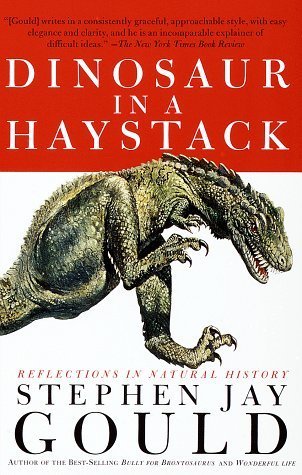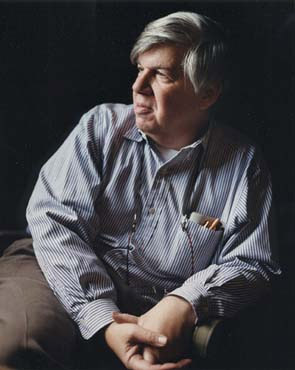
Gould's seventh collection of essays covers a wide range of subjects in natural history, literature, and popular culture—from the wisdom of Charles Darwin to that of the Old Testament Psalms, from the dinosaurs of Jurassic Park to the dinosaurs of the latest scientific theories, from the thwarted humanity of the Frankenstein monster to the inhuman fallacies of eugenics and other pseudoscience. With black and white illustrations. "Here is a new collection of Gould's unexpected connections between evolution and all manner of subjects, literature high among them. Gathered from his monthly column in Natural History magazine, these articles should delight, surprise, and inform his vast readership, as have his six prior volumes of essays. Somehow the light bulb pops on every month as his deadline approaches, some glowing fact pulled out of memory—often a line from Shakespeare or Tennyson—that illumines a generality Gould wishes to discuss. "Nature, red in tooth and claw" (Lord Alfred's line) induces dilations on the extent science can inform moral matters (not much, Gould believes); a remembrance of the infamous Wansee protocol prompts Gould's denunciation of the genocidal looting of evolutionary theory and, by extension, its vulnerability to ignoramuses in general. These two examples of the Gouldian essay method, fortunately, don't foreshadow a gloomy parade of Gould can as easily alight at the fun house where mass culture absorbs ideas about evolution through movies of monsters run amok from Frankenstein to Jurassic Park. In other essays, he plunges directly into matters of evolutionary interpretation but customarily employs a literary who else but Gould could link Edgar Allan Poe with his own area of professional eminence, the paleontology of snails? A discovery awaits in every essay—in every haystack—which solidifies Gould as one of the most eloquent science popularizers writing today." — Booklist
Author

Stephen Jay Gould was a prominent American paleontologist, evolutionary biologist, and historian of science. He was also one of the most influential and widely read writers of popular science of his generation. Gould spent most of his career teaching at Harvard University and working at the American Museum of Natural History in New York. Most of Gould's empirical research was on land snails. Gould helped develop the theory of punctuated equilibrium, in which evolutionary stability is marked by instances of rapid change. He contributed to evolutionary developmental biology. In evolutionary theory, he opposed strict selectionism, sociobiology as applied to humans, and evolutionary psychology. He campaigned against creationism and proposed that science and religion should be considered two compatible, complementary fields, or "magisteria," whose authority does not overlap. Many of Gould's essays were reprinted in collected volumes, such as Ever Since Darwin and The Panda's Thumb, while his popular treatises included books such as The Mismeasure of Man, Wonderful Life and Full House. -Wikipedia